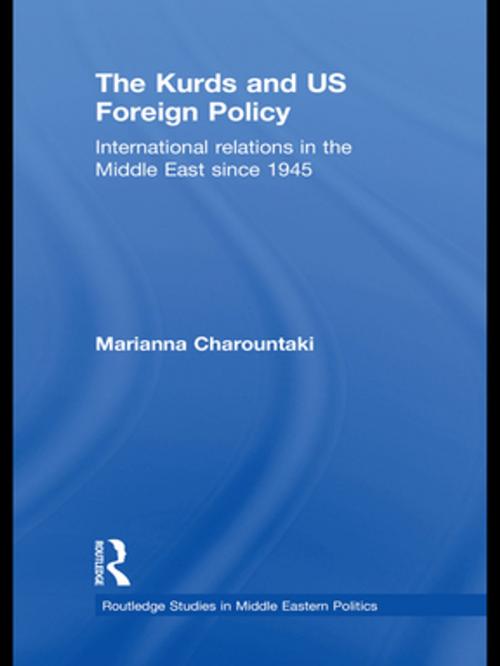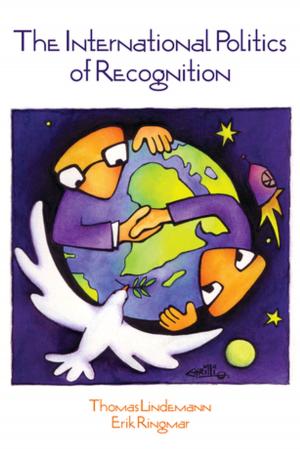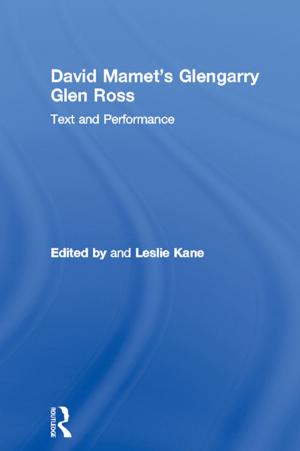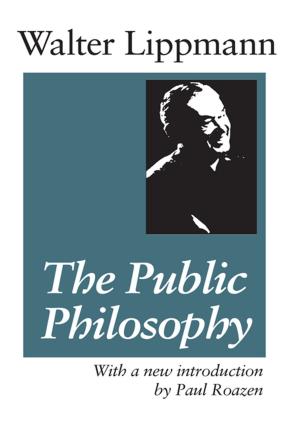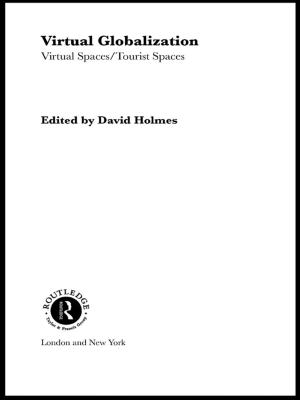The Kurds and US Foreign Policy
International Relations in the Middle East since 1945
Nonfiction, History, Middle East, Social & Cultural Studies, Political Science, International, International Relations| Author: | Marianna Charountaki | ISBN: | 9781136906916 |
| Publisher: | Taylor and Francis | Publication: | October 18, 2010 |
| Imprint: | Routledge | Language: | English |
| Author: | Marianna Charountaki |
| ISBN: | 9781136906916 |
| Publisher: | Taylor and Francis |
| Publication: | October 18, 2010 |
| Imprint: | Routledge |
| Language: | English |
This book provides a detailed survey and analysis of US–Kurdish relations and their interaction with domestic, regional and global politics. Using the Kurdish issue to explore the nature of the engagement between international powers and weaker non-state entities, the author analyses the existence of an interactive US relationship with the Kurds of Iraq.
Drawing on governmental archives and interviews with political figures both in Northern Iraq and the United States, the author places the case study within a broader International Relations context. The conceptual framework centres on the inter-relations between actors (both state and non-state) and structures of material and ideational kinds, while the detailed survey and analysis of US–Kurdish relations, in their interaction with domestic, regional and global politics, forms the empirical core of the study. Stressing the intertwining of domestic and foreign policy as part of the same set of dynamics, the case study explains the emergence of the interactive and institutionalized US relationship with the Kurds of Iraq that has brought about the formation, within an Iraqi framework, of an undeclared US official Kurdish policy in the post-Saddam era.
Filling a gap in the literature on US–Kurdish relations as well as the broader topic of International Relations, this book will be of great interest to those in the areas of International Relations, Middle Eastern and Kurdish Politics.
This book provides a detailed survey and analysis of US–Kurdish relations and their interaction with domestic, regional and global politics. Using the Kurdish issue to explore the nature of the engagement between international powers and weaker non-state entities, the author analyses the existence of an interactive US relationship with the Kurds of Iraq.
Drawing on governmental archives and interviews with political figures both in Northern Iraq and the United States, the author places the case study within a broader International Relations context. The conceptual framework centres on the inter-relations between actors (both state and non-state) and structures of material and ideational kinds, while the detailed survey and analysis of US–Kurdish relations, in their interaction with domestic, regional and global politics, forms the empirical core of the study. Stressing the intertwining of domestic and foreign policy as part of the same set of dynamics, the case study explains the emergence of the interactive and institutionalized US relationship with the Kurds of Iraq that has brought about the formation, within an Iraqi framework, of an undeclared US official Kurdish policy in the post-Saddam era.
Filling a gap in the literature on US–Kurdish relations as well as the broader topic of International Relations, this book will be of great interest to those in the areas of International Relations, Middle Eastern and Kurdish Politics.
